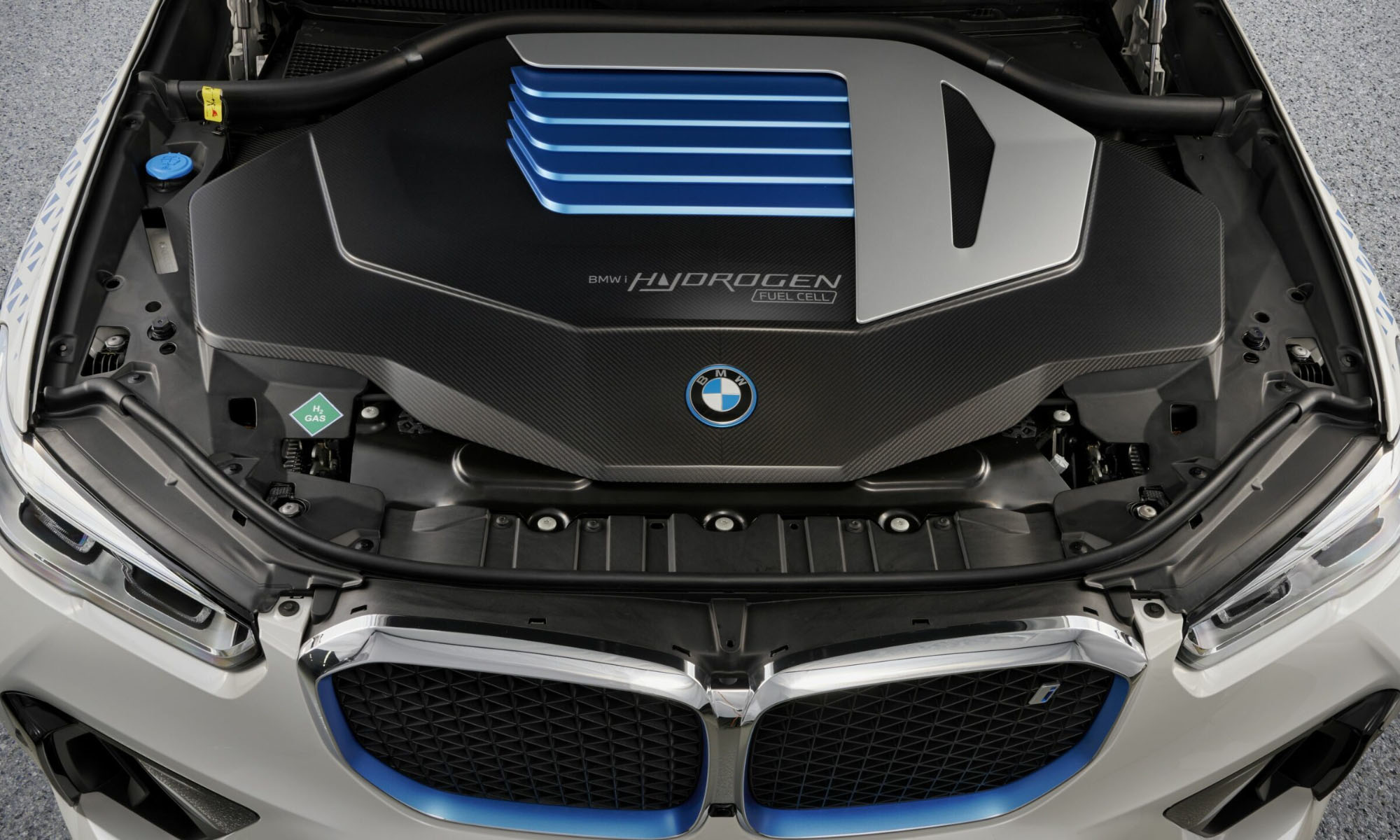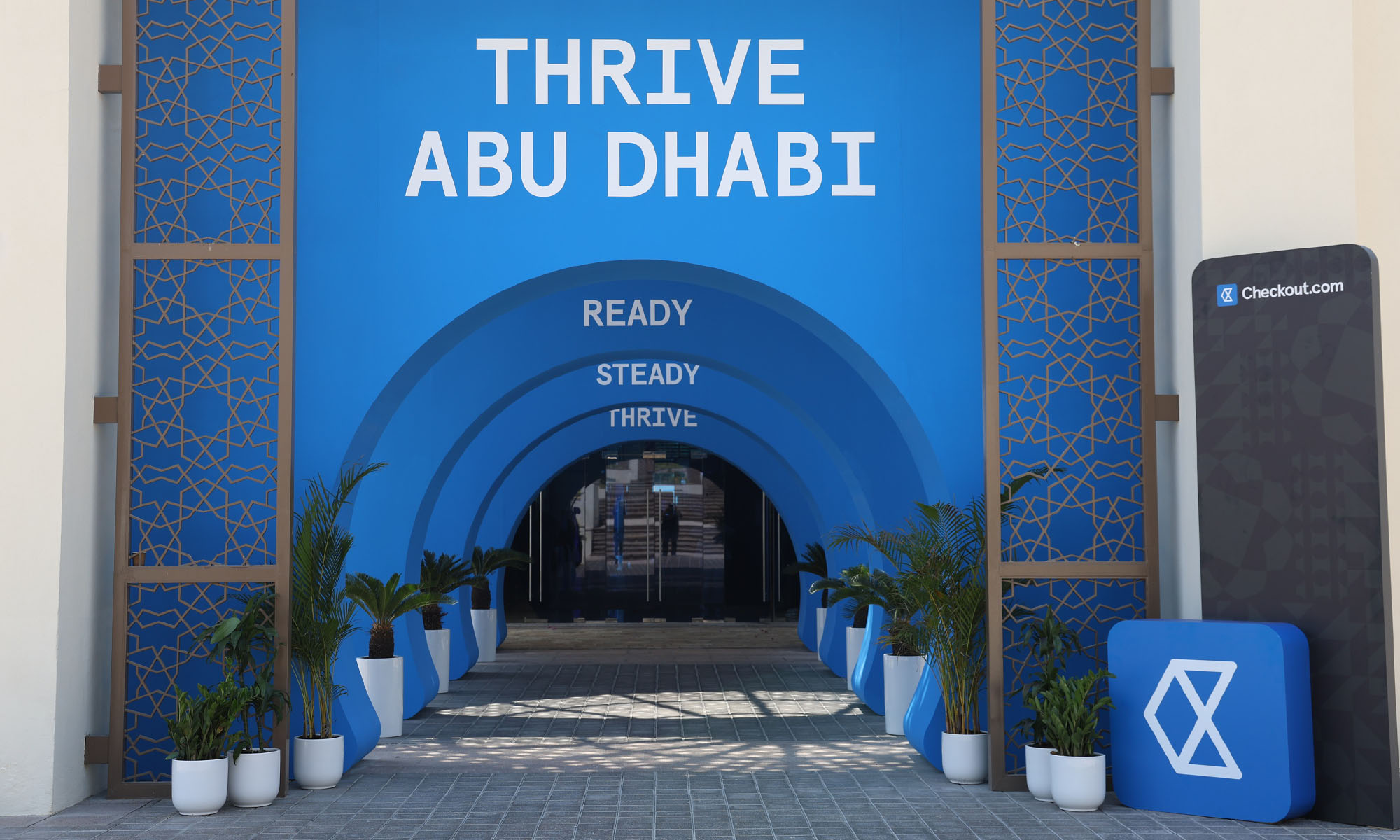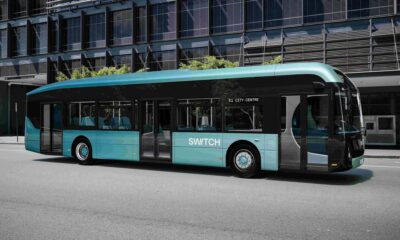News
BMW To Test Its iX5 Hydrogen Model In The Middle East
In spring 2023, BMW will debut the small-series hydrogen-powered demonstrator vehicle with a view to enabling carbon-free mobility in the region.

The BMW Group has begun the manufacture of a small-series hydrogen-powered car, known as the iX5 Hydrogen model, with work taking place at the firm’s Munich Research and Innovation Centre.
The car will be the first Sports Activity Vehicle (SAV) to feature this futureproof fuel source after a successful round of intense hydrogen fuel cell testing in demanding conditions. Once ready, the iX5 Hydrogen will head to the Middle East in the spring of 2023, where it will become a technology demonstrator of carbon-free mobility.
As for the car itself, the iX5 Hydrogen features an electric motor and high-performance battery positioned in the rear axle, using the same BMW eDrive technology that can also be found in the company’s electric and plug-in hybrid models.

Across the Middle East, clean energy adoption has become a strategic priority, with several countries aiming for net-zero emissions targets by 2050. As part of a more significant push into alternative energy sources, the region aims to capture a large portion of the global hydrogen market.
Also Read: Netskope Predicts Future Middle East Cybersecurity Trends
“Hydrogen is a versatile energy source that has a key role to play as we progress towards climate neutrality,” says Frank Weber, board member of BMW AG.
The charging infrastructure for typical electric vehicles isn’t uniformly spread across the Middle East, where, for obvious reasons, petrol still dominates as a fuel source. BMW’s hydrogen fuel cells are highly desirable in these kinds of scenarios, as they allow faster fueling and longer ranges than a typical EV could achieve.
News
Checkout.com Set To Launch Card Issuing In The UAE
The payment service provider’s expansion is a first-of-its-kind investment and could reshape digital transactions across the region.

Checkout.com is laying the groundwork to become the first global payments platform to introduce card issuing in the United Arab Emirates — a move that could reshape how businesses in the region manage financial transactions.
The company plans to roll out its domestic card issuance offering in the UAE by 2026, subject to regulatory approval. The launch would give businesses the tools to issue both physical and virtual branded cards. This, in turn, opens up new ways to reward customers, streamline expense processes, and handle B2B payouts efficiently.
Checkout.com’s CEO and Founder, Guillaume Pousaz, revealed the plans during Thrive Abu Dhabi, the firm’s debut conference in the Emirates. Joined on stage by Remo Giovanni Abbondandolo, General Manager for MENA, Pousaz presented to an audience of over 150 partners and merchants at Saadiyat Island. Also in attendance was H.E. Omar Sultan Al Olama, the UAE’s Minister of State for Artificial Intelligence, Digital Economy, and Remote Work Applications.

Abbondandolo highlighted the strategic importance of the announcement: “As a global business, we focus on bringing products to markets that our customers want and need. Today’s announcement is proof of our commitment to the MENA region and its rising influence in the digital economy. The appetite for innovation here is real, and we’re proud to be building the infrastructure that powers it”.
One early adopter of Checkout.com’s UAE acquiring services is Headout, a travel experiences marketplace, which recently named the payment provider as its main partner in Europe. The company has already begun card issuing there and is keen to expand that offering into MENA once approval is granted.
The expansion of services in the UAE and beyond builds on Checkout.com’s track record in the region. It was the first global payments firm to secure a Retail Payment Services license from the UAE’s Central Bank and was instrumental in rolling out Mada and Apple Pay in both the UAE and Saudi Arabia.
Also Read: Protecting Your WhatsApp Account From Hackers: Kaspersky Expert Tips
The firm has also been rolling out new products: One of the latest is Flow Remember Me, currently in beta testing. It allows shoppers to store their card information once and access it across Checkout.com’s entire network, potentially cutting checkout times by up to 70%.
Earlier this year, Checkout.com also introduced Visa Direct’s Push-to-Card solution in the UAE, enabling both domestic and international payouts. Its collaboration with Mastercard has grown as well, making it easier for businesses to send funds directly to third-party cards securely and quickly.
With regional tech ambitions on the rise — spurred by initiatives like Saudi Arabia’s Vision 2030 and the UAE’s 2031 Agenda — Checkout.com sees its role as one of a key enabler. “Our mission is to help ambitious businesses navigate the complexity of payments, so they can move faster, go further, and make the most of every opportunity,” said Abbondandolo. “In MENA, performance is personal. It’s local. It’s built on trust. And when payments perform, businesses thrive”.























